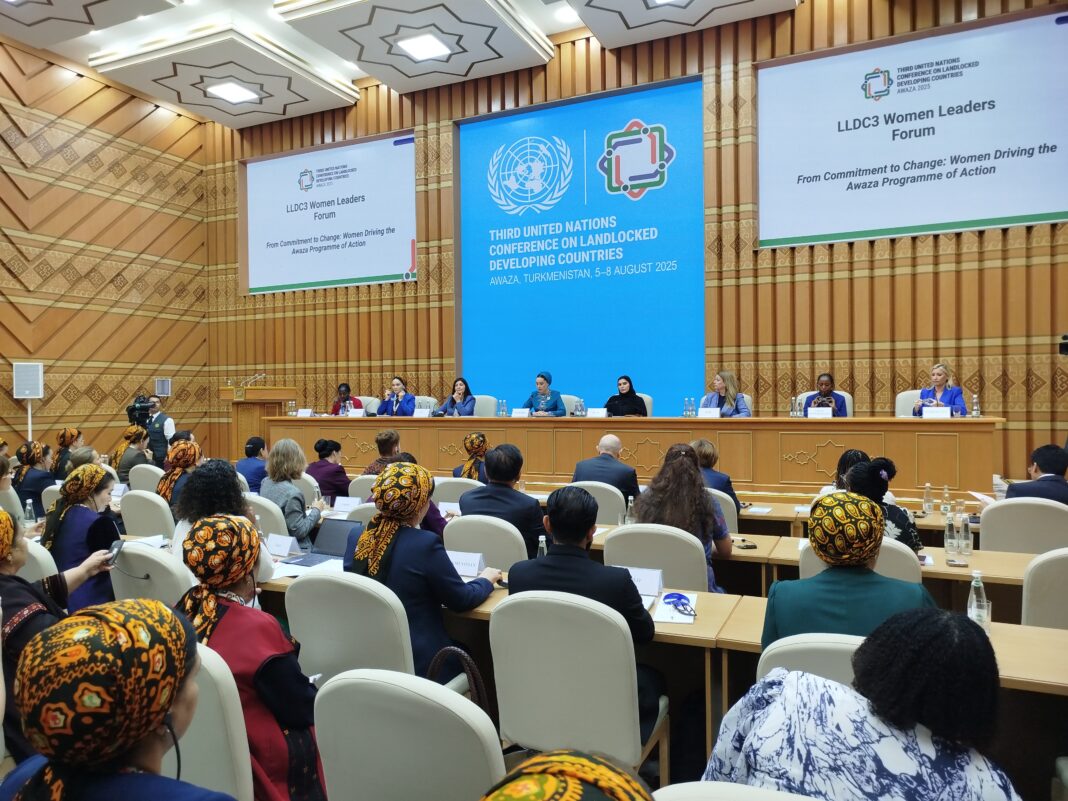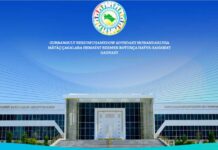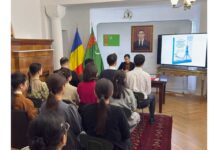The Third UN Conference on Landlocked Developing Countries, held from August 5 to 8 in the Awaza National Tourist Zone, was attended by heads of state and government, high-ranking officials from more than 100 countries, about 50 international organizations, and representatives of more than 20 leading companies. Over 160 media representatives from approximately 40 countries gathered to widely cover the Conference, organized by the UN every decade, and the significant events held on its sidelines. These numbers demonstrate the significance of the forum in the global political arena of modern international relations.
Naturally, it became an indicative and multifaceted platform for meetings, representatives of intergovernmental and non-governmental organizations, the private sector, civil organizations, youth, academia, and other stakeholders. Several side events organized by UN structures and other international organizations were held within the framework of the international forum. They were all united by a common goal – a goal of building a better future in all respects for all 32 landlocked developing countries. Of course, the main outcome of the forum was the adoption of key documents – the Awaza Political Declaration and the Awaza Action Program for 2024-2034. They define specific measures to develop trade, digital transformation, modernize transport corridors, enhance climate resilience, and integrate LLDCs into the global economy.
Participants committed to implementing the Awaza Action Program for landlocked developing countries over the next decade in accordance with its five mutually reinforcing key action areas, namely:
- structural transformation, science, technology and innovation;
- trade, trade facilitation and regional integration;
- transit, transport and connectivity;
- strengthening adaptive capacity, increasing resilience to shocks and reducing vulnerability to climate change and disasters;
- means of implementation.
The importance of consistent implementation of the Awaza Action Program at the national, regional and global levels through partnerships and support mechanisms is to be particularly emphasized. This, in turn, requires coordination of all governance, accountability and monitoring mechanisms. Coordinated implementation and consistency of follow-up and monitoring of its implementation at the national, sub regional, regional and global levels will form a solid foundation for the successful implementation of the Awaza Program. It can be confidently stated that the Awaza Action Program for 2024-2034 will contribute to further strengthening the established productive dialogue and developing new joint long-term plans that will allow the LLDCs to fully participate in global development and confidently move towards their bright future. Turkmenistan, in its turn, is determined to continue to contribute to the implementation of important international initiatives that promote regional cooperation and universal progress, and will continue to actively and constructively interact with all interested partners, aligning national efforts with the objectives of the new action program.
Habib Halmamedov,
Senior Lecturer, International University for the Humanities and Development.









